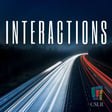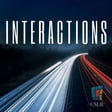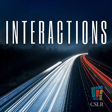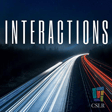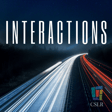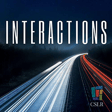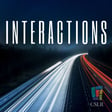
At Home and Abroad: Winnifred Fallers Sullivan on Religious Due Process
Imagine this scenario: There’s an American who’s part of a congregation of a Protestant church. While attending church, this American enters a discussion with a few leaders of that church about the meaning behind a certain scripture. This discussion develops into a disagreement and this disagreement results in the American being excommunicated from the church with little to no opportunity to defend his position within the congregation. With all this information in mind, I ask do you think this is fair? Or, does the American deserve due process within the church, and, if so, why? Why is it expected, specifically in an American context, that religious law follows the same procedures as secular law?
It’s this scenario and this final question that form the backbone of “The Rule of Law,” an essay part of the collection, At Home and Abroad, written by Winnifred Fallers Sullivan.
In today’s episode, Matt and Ira speak with Sullivan, provost professor in religious studies at Indiana University, where she teaches courses on religion, law, and the politics of religious freedom, among other topics. Sullivan is the author of many books, including four that analyze legal discourses about religion. She’s also the co-editor of At Home and Abroad.
Her essay, “The Rule of Law,” explores the ways that religious law and secular law overlap and diverge in an American setting. Sullivan uses the experience of one of her former students, who sought due process after being excommunicated from the church, to set the scene for the essay. Along with examining the mindset of this student, the three discuss the beginnings of American legal history, the complexity surrounding the term “fundamentalism,” and the benefits of categorizing the political and the religious.
Listen today!
